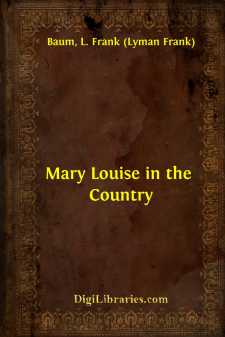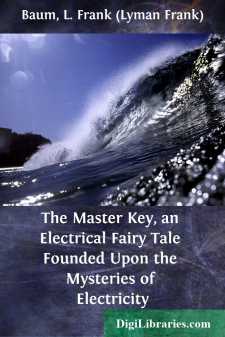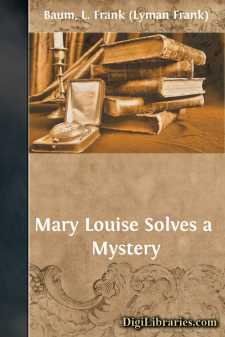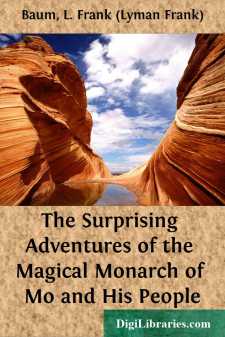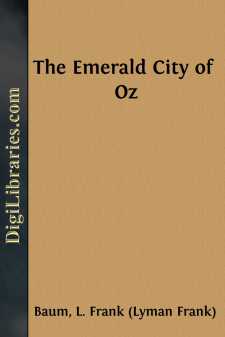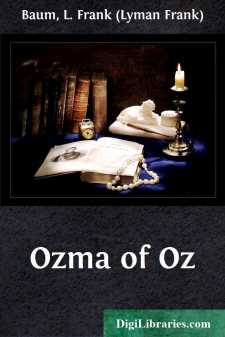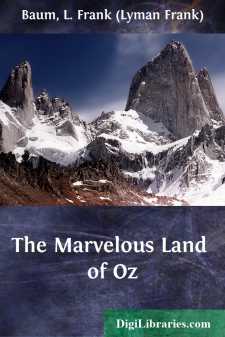Categories
- Antiques & Collectibles 13
- Architecture 36
- Art 48
- Bibles 22
- Biography & Autobiography 813
- Body, Mind & Spirit 141
- Business & Economics 28
- Children's Books 12
- Children's Fiction 9
- Computers 4
- Cooking 94
- Crafts & Hobbies 4
- Drama 346
- Education 46
- Family & Relationships 57
- Fiction 11826
- Games 19
- Gardening 17
- Health & Fitness 34
- History 1377
- House & Home 1
- Humor 147
- Juvenile Fiction 1873
- Juvenile Nonfiction 202
- Language Arts & Disciplines 88
- Law 16
- Literary Collections 686
- Literary Criticism 179
- Mathematics 13
- Medical 41
- Music 40
- Nature 179
- Non-Classifiable 1768
- Performing Arts 7
- Periodicals 1453
- Philosophy 64
- Photography 2
- Poetry 896
- Political Science 203
- Psychology 42
- Reference 154
- Religion 513
- Science 126
- Self-Help 83
- Social Science 81
- Sports & Recreation 34
- Study Aids 3
- Technology & Engineering 59
- Transportation 23
- Travel 463
- True Crime 29
Mary Louise in the Country
Description:
Excerpt
CHAPTER I
THE ARRIVAL
"Is this the station, Gran'pa Jim?" inquired a young girl, as the train began to slow up.
"I think so, Mary Louise," replied the handsome old gentleman addressed.
"It does look very promising, does it?" she continued, glancing eagerly out of the window.
"The station? No, my dear; but the station isn't Cragg's Crossing, you know; it is merely the nearest railway point to our new home."
The conductor opened their drawing-room door.
"The next stop is Chargrove, Colonel," he said.
"Thank you."
The porter came for their hand baggage and a moment later the long train stopped and the vestibule steps were let down.
If you will refer to the time-table of the D. R. & G. Railway you will find that the station of Chargrove is marked with a character dagger (), meaning that trains stop there only to let off passengers or, when properly signaled, to let them on. Mary Louise, during the journey, had noted this fact with misgivings that were by no means relieved when she stepped from the sumptuous train and found before her merely a shed-like structure, open on all sides, that served as station-house.
Colonel Hathaway and his granddaughter stood silently upon the platform of this shed, their luggage beside them, and watched their trunks tumbled out of the baggage car ahead and the train start, gather speed, and go rumbling on its way. Then the girl looked around her to discover that the primitive station was really the only barren spot in the landscape.
For this was no Western prairie country, but one of the oldest settled and most prosperous sections of a great state that had been one of the original thirteen to be represented by a star on our national banner. Chargrove might not be much of a railway station, as it was only eleven miles from a big city, but the country around it was exceedingly beautiful. Great oaks and maples stood here and there, some in groups and some in stately solitude; the land was well fenced and carefully cultivated; roads—smooth or rutty—led in every direction; flocks and herds were abundant; half hidden by hills or splendid groves peeped the roofs of comfortable farmhouses that evidenced the general prosperity of the community.
"Uncle Eben is late, isn't he, Gran'pa Jim?" asked the girl, as her eyes wandered over the pretty, peaceful scene.
Colonel Hathaway consulted his watch.
"Our train was exactly on time," he remarked, "which is more than can be said for old Eben. But I think, Mary Louise, I now see an automobile coming along the road. If I am right, we have not long to wait."
He proved to be right, for presently a small touring car came bumping across the tracks and halted at the end of the platform on which they stood. It was driven by an old colored man whose hair was snow white but who sprang from his seat with the agility of a boy when Mary Louise rushed forward with words of greeting.
"My, Uncle Ebe, but it's good to see you again!" she exclaimed, taking both his dusky hands in her own and shaking them cordially....


